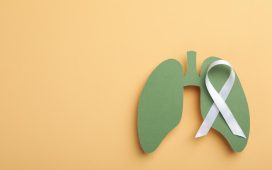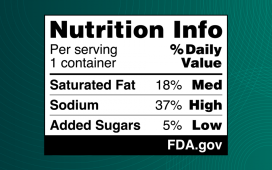However, vaccines do appear to work well against this variant of the coronavirus
WEDNESDAY, June 9, 2021 (HealthDay News) — The highly contagious coronavirus variant that brought India to its knees this spring now accounts for 6 percent of new cases in the United States, the Biden administration said Tuesday.
Luckily, vaccines appear to work well against this version of the virus, which has spread like wildfire in Great Britain and threatens a full reopening of that country. “It’s essentially taking over” in the United Kingdom, Anthony Fauci, M.D., director of the National Institute of Allergy and Infectious Diseases, said during a media briefing Tuesday. “We cannot let that happen in the United States, which is such a powerful argument” for vaccination, he stressed.
To demonstrate the efficacy of vaccines, Fauci referred to data from Britain’s public health agency that shows two doses of the vaccines made by Pfizer and AstraZeneca are 88 percent effective in preventing symptomatic disease caused by the new variant, also known as Delta. He added that the Pfizer data would be similar for the Moderna vaccine, which also is an mRNA vaccine, The Washington Post reported.
But just one shot only offers 33 percent protection, the data show, a reminder of how strongly the second shot boosts immunity to the virus, Fauci said. With the United States in the midst of providing vaccines to adolescents and other people who have waited to get them, second doses are critical, he added.
Fauci noted infection rates in Britain are “peaking” among 12- to 20-year-olds, one of the groups that the United States is rushing to vaccinate. In Britain, the Delta variant now accounts for more than 60 percent of new infections, he said, and some British scientists are warning that the country now faces the possibility of a third surge, The Post reported.
The Washington Post Article
Copyright © 2021 HealthDay. All rights reserved.








